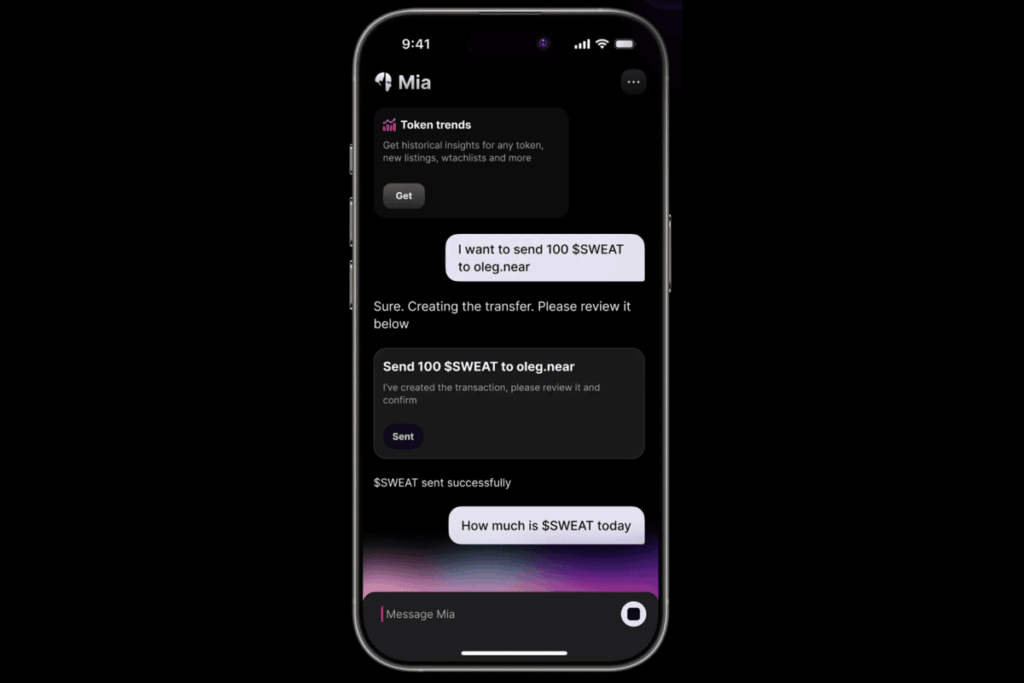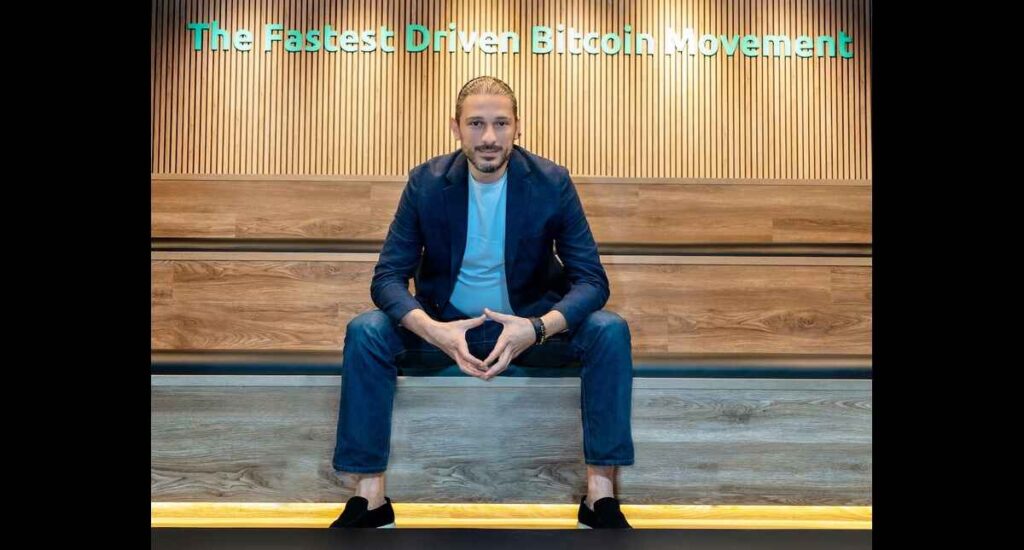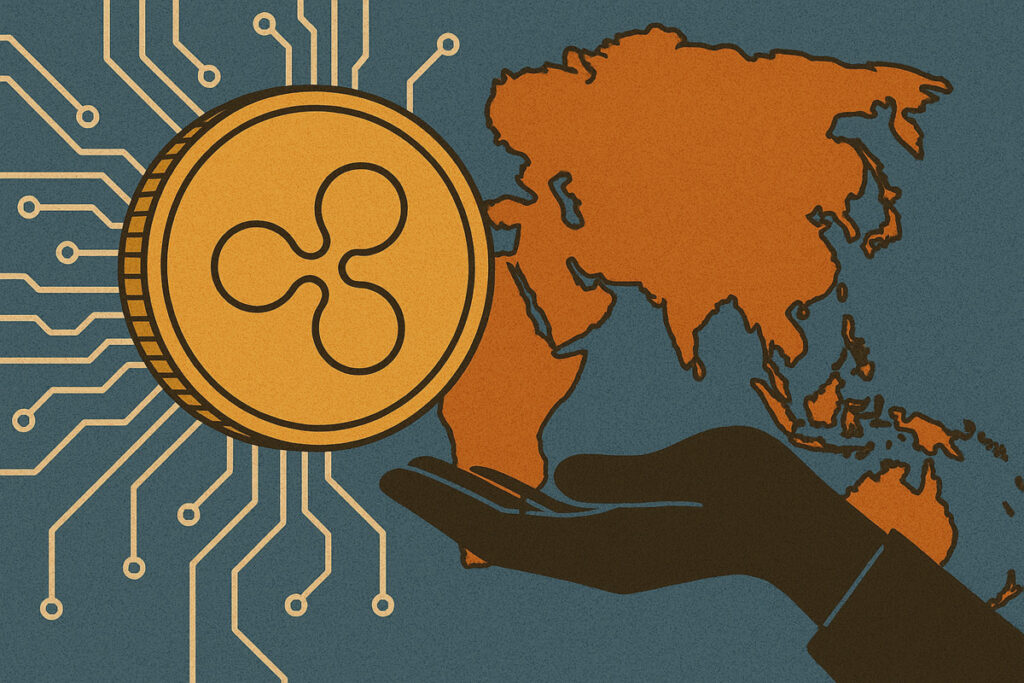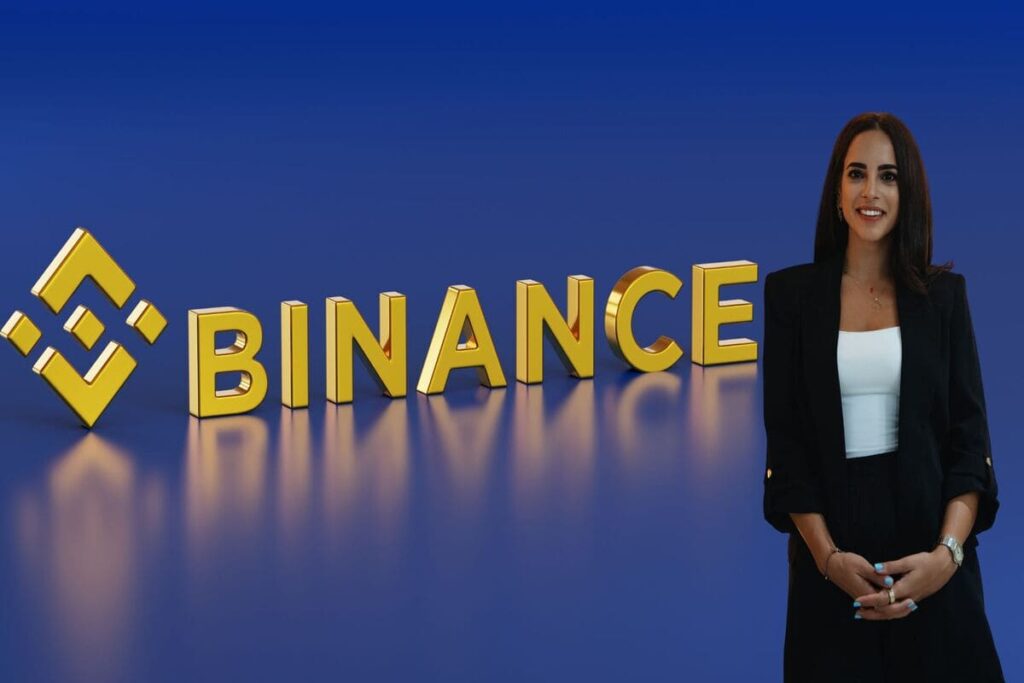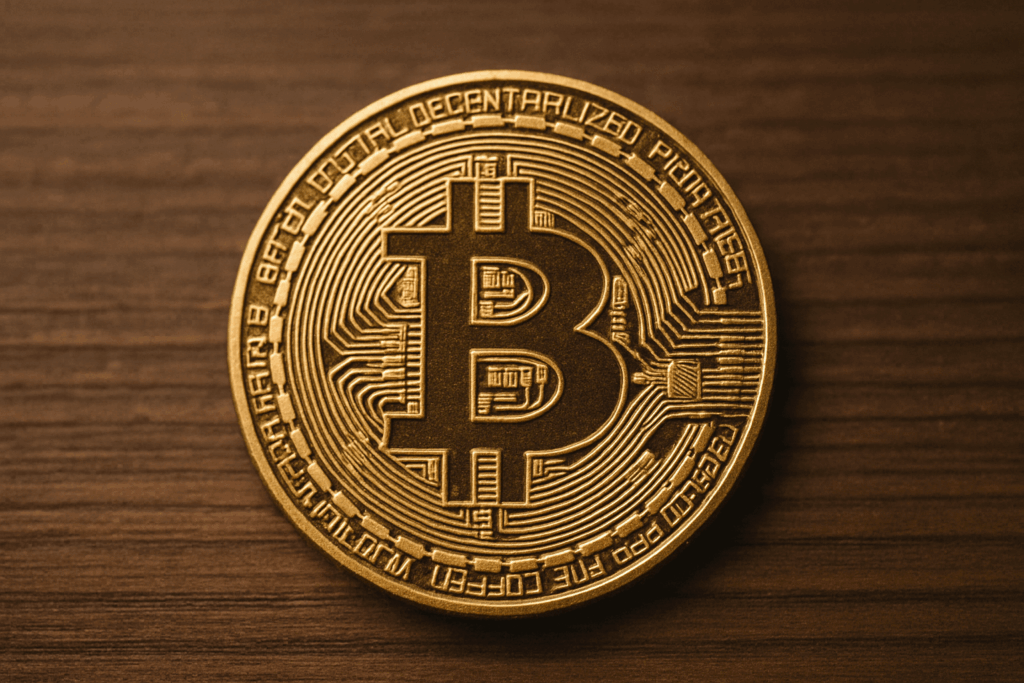Ethereum co-founder Vitalik Buterin has emphasized that rollup-based layer-2 (L2) platforms should delay full decentralization until their cryptographic proof systems are sufficiently mature. In a statement made on May 5, Buterin addressed the timing and conditions under which rollup protocols should transition to a decentralized model.
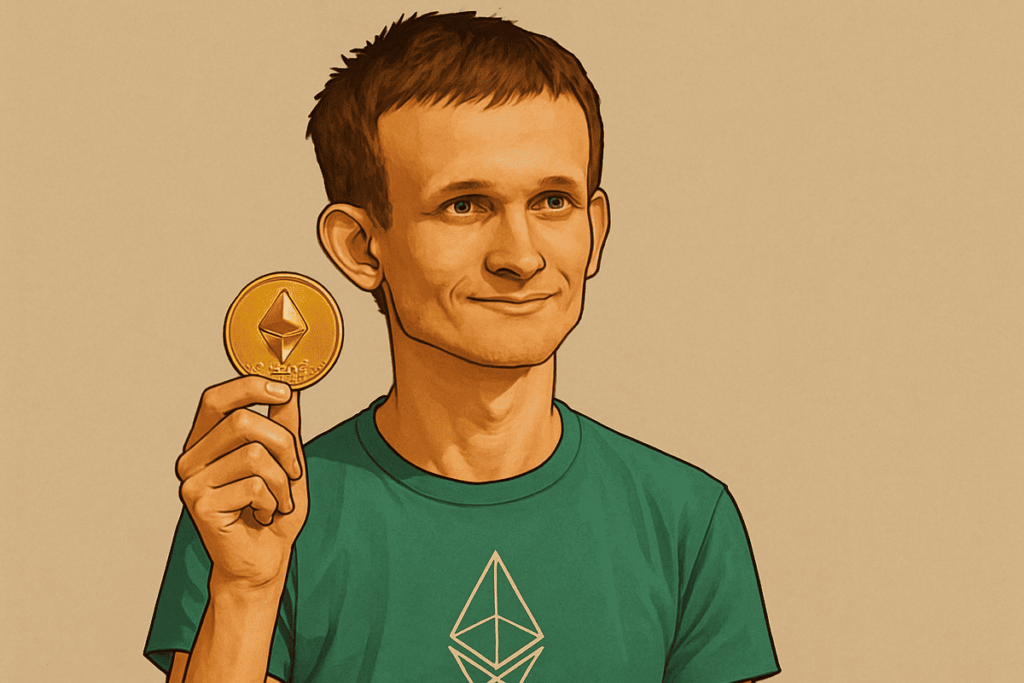
Context on Rollup Staging
Rollup technologies, which are used to scale the Ethereum network, typically undergo a progression through three stages of decentralization—Stage 0, Stage 1, and Stage 2—with the final stage being fully decentralized and trust less. However, Buterin cautioned that reaching a higher stage does not automatically guarantee greater security.
His comments came in response to Loopring founder Daniel Wang, who argued that the maturity of the code base is critical. Wang pointed out that rollups can be designated as Stage 2 while still running untested or recently developed code, potentially creating vulnerabilities.
Newsletter
Get weekly updates on the newest crypto stories, case studies and tips right in your mailbox.
“Battle-Tested” as a Proposed Metric
A new benchmark proposed for assessing rollup security “Battle Tested”—to identify protocols that have consistently secured significant value under sustained threat conditions. It is suggested that a rollup should be considered battle-tested if it secures over $100 million in assets, including at least $50 million in Ether and a major stable coin, for a continuous six-month period.
Any updates to the codebase would reset this status, requiring the system to re-establish its resilience. Buterin supported the idea of looking beyond decentralization stages, underscoring the importance of the quality and reliability of the underlying cryptographic proof systems.
Industry Perspectives on Risk and Readiness
An analyst at Kronos Research, echoed these sentiments. He noted that rollup developers should assess risks tied to centralized components such as multiset nature custody arrangements, especially as asset value under management grows. Experts argued that decentralization should follow only after the system demonstrates resilience under real economic pressure.
Conversely, some experts have raised concerns about the lack of decentralization among prominent Ethereum L2s. Tezos co-founder noted that control by privileged entities can undermine the integrity of user assets and introduce systemic fragility.
Balancing Security and Decentralization
Buterin concluded that decentralization should occur only when the cryptographic systems in place are robust enough that centralization itself becomes a greater security risk. Until then, he argues, premature reliance on these systems in the name of decentralization may do more harm than good.
